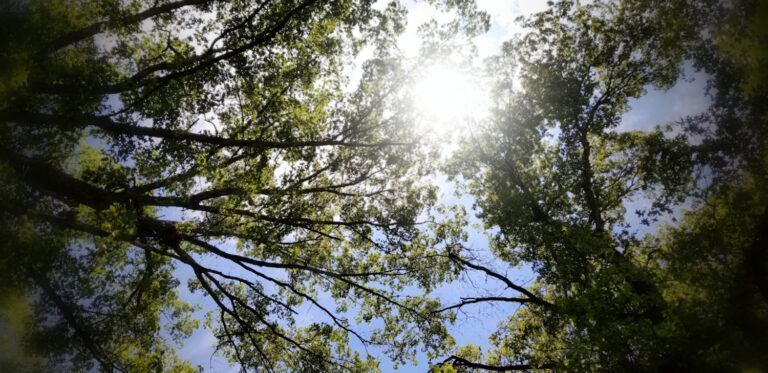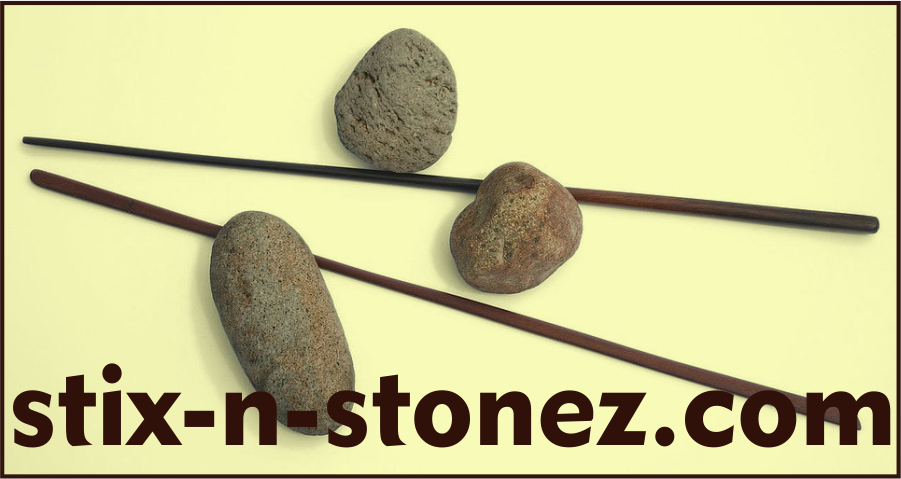
Shine your light into a neighbor’s darkness. Photo by Susie Taylor
There is a story in the new testament that is told in Matthew and Luke. It involves a young lawyer who asks Jesus what the most important commandment is. Jesus responds with: “Love the Lord your God with all your soul and with all your strength and with all your mind. And the second is like it: Love your neighbor as yourself.”
This is one of those scriptures that hits me right in the solar plexus every time I read it. Jesus’ answer isn’t what the young man expected. He was probably waiting for one of the 10 commandments brought down from Mount Sinai by Moses, or maybe one of the many laws the Jewish leaders at the time set forth for the people to follow.
I have heard many a podcaster and course creator talk about knowing your purpose. That’s a question I used to ask myself constantly. Why am I here? What am I supposed to be doing? There’s your answer. Love the Lord (or your specific Higher Power) and love your neighbor. It sounds simple but it’s extremely difficult to live your life like that.
What would happen if we all suddenly lived by those two commandments? No more stealing, no more murder, no more injustice, no more Internet trolls. What would happen if, before we criticize someone, we would stop and think: “If that was me, how would I want someone else to point out my errors? How would I want to be treated?” I can guarantee I wouldn’t want the whole world to know my mistakes. And even if the whole world did find out, do I want a bunch of people throwing me under a bus just to prove how rotten I am and how awesome they are? Absolutely not!
So how do we develop a standard or process for all of us to follow? If we hold ourselves to a higher standard, maybe other people would see how we treat other people and would want to mimic it.
I don’t consider myself to be a philosophical thinker, and neither do I think of myself as being super intelligent. But you don’t need those qualities to be nice. And being nice doesn’t mean that you allow others to take advantage of you.
So how can we have an impact on society today? How can we treat our neighbor as ourselves? And just who is our neighbor? Let’s tackle each one of those questions separately.
Impact
Just one person can make a difference. Acknowledging another’s humanity is a first step. So often we think of other people in terms of the role they play or the condition they exhibit: police officer, mayor, judge, sanitation worker, business person. Maybe we should start using some people-first language. Instead of police officer we have someone who is a man or woman who happens to enforce the law. Instead of a blind kid we have a young person who happens to have a visual impairment. Instead of someone who is mentally unstable we have someone who experiences mental illness.
It’s a subtle shift, but it makes a difference. If you start thinking in person-first language, it is much easier to see other people as individuals.
Treat others
Let’s say you see a struggling mom with three young kids in the store and one of them is throwing a temper tantrum. You can assume the mom is a terrible mother; you could tell her to get control of her child; or you could ask yourself: What if that was me? What would I want people to do? Ignore me? Or step in and offer some support?
How difficult is it to say something like: “Hi, my name is Susie. I have three grown sons. I remember what this was like. Is there anything I can do to help or to support you in any way to give you a break?” That wasn’t all that difficult, was it?
Now, let’s say you see a young man holding hands with a little girl and carrying a baby in a car seat. All of a sudden, the man falls to the floor and starts shaking violently. Do you turn around and let someone else deal with it? Do you grumble to yourself about how terrible people who do drugs are? Or do you calmly approach the little girl, make sure she and the baby are safe, and call 911 on your cell phone?
So many different things could be happening in either one of those scenarios. The young child could have autism and something triggered him and now the mom is trying desperately to get him to calm down. The young man could have epilepsy and he’s having a break-through seizure on the floor of the establishment that you both are in.
Sometimes you HAVE to get involved. It’s called “giving someone the benefit of the doubt.” Or treating someone the same way you would like to be treated in similar situations. Does that concept sound a little familiar?
Who’s my neighbor?
This question is just what the young lawyer in the Bible asked Jesus. “How do I know who my neighbor is?” Look around you. It has never been more evident how global our society has become. I live in central Ohio in the United States. I now count as my friends people from Norway, the United Kingdom, Nigeria, Australia, Canada, Oregon, California, Arizona, Idaho, Texas, Missouri, Florida, Maryland, Pennsylvania, West Virginia, Michigan, Minnesota, Wisconsin, South Dakota, Illinois, and even more that I’ve probably forgotten about.
These friends are ALL my neighbors. And so are YOU.
I’ve been watching astrophysicist Neil deGrasse Tyson’s MasterClass. He repeats over and over that what you know isn’t the most important thing. It’s how you think that matters. This mirrors something I’ve heard many a person say: It doesn’t matter what happens to you. What matters is how you react to what has happened.
Why don’t we vow, right now, to stop and think, just for s second, before we say something nasty, before we hit “Send,” or before we make a face or ignore a situation? That’s my request to all of you reading these words now. Love your neighbor as yourself.
Let me know how it goes for you. Do you notice a difference in your attitude? Do you notice a difference in the people around you?
It doesn’t take much energy to spread a little light. But it does take intention and forethought. Go be the light in someone else’s darkness today.
Until next week,
Susie from Stix-N-Stonez.com
